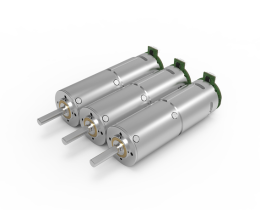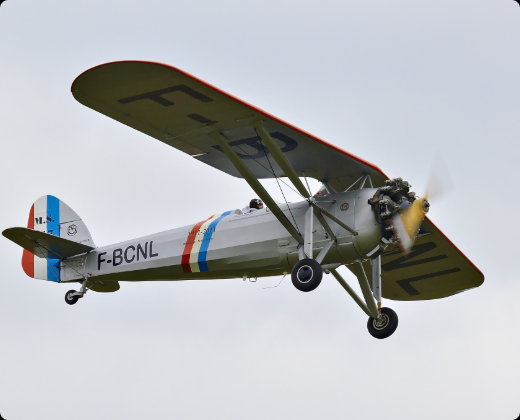Hobby Gear Motor vs. DC Motor: Which One Fits Your Project?
Let’s talk motors. Not the flashy, roaring engines in sports cars—we’re diving into the quiet workhorses that power everything from DIY robots to automated garden systems. You’ve probably heard debates about hobby gear motors and standard DC motors. But what’s the real difference? And why should you care?
.webp)
Picture this: You’re building a custom drone. You need something compact, efficient, and tough enough to handle mid-air adjustments. A basic DC motor spins fast and loud, but it lacks finesse. Enter the hobby gear motor. It’s like the DC motor’s quieter, smarter cousin. With built-in gears, it trades raw speed for torque, giving you precise control. Think of it as shifting from a sprint to a steady climb—perfect for lifting payloads or navigating tight spaces.
Wait, but doesn’t that mean slower performance?
Good question. Speed isn’t everything. Imagine using a drone to film wildlife—it needs smooth movement, not jerky spins. A hobby gear motor’s reduced speed minimizes vibration, keeping your camera steady. Meanwhile, a standard DC motor might overheat trying to maintain stability at high RPMs.
KPOWER’s hobby gear motors take this further. Their designs focus on durability without bulk. One user described them as “the Swiss Army knife of small-scale mechanics”—reliable for 3D printers, robotic arms, or even homemade espresso machines.
So when should I stick with a regular DC motor?
Simple: If your project thrives on speed and simplicity, go DC. Remote-controlled cars, basic fans, or anything needing quick, unfiltered power. But if precision matters—like adjusting a telescope mount or automating a plant-watering system—gears are your friend.
Here’s the kicker: Efficiency isn’t just about energy use. It’s about longevity. Gear motors distribute mechanical stress across their components, reducing wear. KPOWER models add sealed housings to block dust and moisture, a lifesaver for outdoor projects. One customer rebuilt a weatherproof security camera rig using their gear motor—three years later, it’s still humming.
Still torn? Let’s break it down:
- Torque vs. Speed: Gears excel at controlled force; DC motors win in straight-line speed.
- Noise Level: Gear motors whisper; DC motors… don’t.
- Lifespan: Gears endure repetitive tasks better.
KPOWER doesn’t just sell motors—they solve problems. Their team obsesses over real-world quirks, like a motor’s response to sudden load changes or compatibility with solar-powered setups. One prototype even survived a accidental coffee spill (don’t try that at home).
In the end, your project’s needs dictate the choice. But if you’re chasing innovation, sometimes the quieter option speaks volumes.


































.webp)

